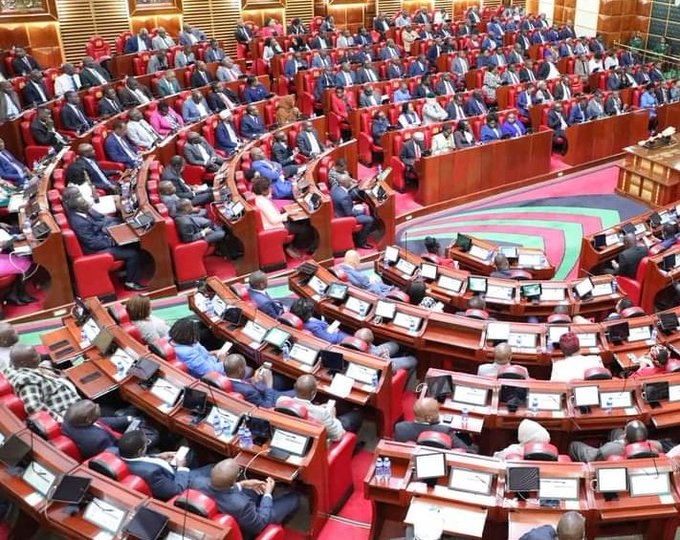Dwindling income, deaths and job losses have dominated the conversations on the aftershocks of the coronavirus pandemic and the restrictions imposed to tame its spread.
However the effects on young people, especially those in universities and colleges who have been at home for the past seven months, are only discussed in undertones.
Behind the scenes, a new phrase ‘Kuomoka’ has dominated conversations amongst young people in recent months. Popularised in memes, it is a quotidian substitute for succeeding and having it all in life. The imagination of life in lotus land in a society where hard work and doing well in school means going back to the village to farm has led to destitution and disenfranchisement.
The pressure to succeed and the reality of a bleak future has dawned on many youths in this so dark a time. Against this backdrop and in some cases sheer naiveté, wrong turns and choices are inevitable.
As such, manoeuvres veiled as the shortcut to ‘kuomoka’ seem to be the new normal. From irresponsible gambling to pyramid schemes that purport to double money, many young people continue to lose even the little they have. There are even some who resorted to crime all in the hope of quick riches. The results have been disastrous to their lives.
Born in an economy that loses close to a third of its annual budget to corruption, reasonable employment opportunities that match the qualifications are scarce. Though there have been arguments on the relevancy of the skills that young people possess or the inadequacy thereof, the paucity of employment opportunities is mainly an economic problem not an education one. The blame should, therefore, not lie on young people for irrelevancy of their education but on those in charge of the country's economy.
Many youths desire to use what they learnt in school in employment. Unfortunately, the business, economic and political environment that can actualise that is unavailable. Depression then creeps in. Before we know it, suicides and drug abuse levels hit an all-time high.
To correct this, urgent and adequate measures that put employment needs of the youth need to be incorporated in post-Covid 19 economic recovery plan.
It should focus more on job creation and empowering of young people who run small and medium enterprises. In case there is inability to accommodate all the young persons in the openings to come, then the export of our skilled labour to nations that need it should be an option. Though this may be criticised as brain drain, what is the essence of keeping people in the country yet they cannot serve in ways that they have received qualifications and training in?
Brian Kibet, Kitale
















